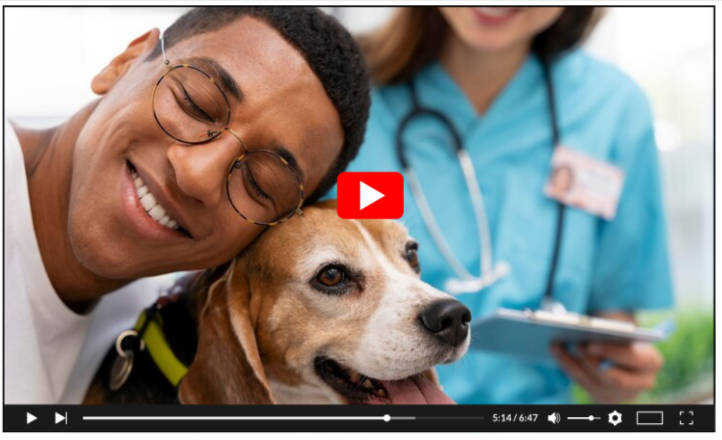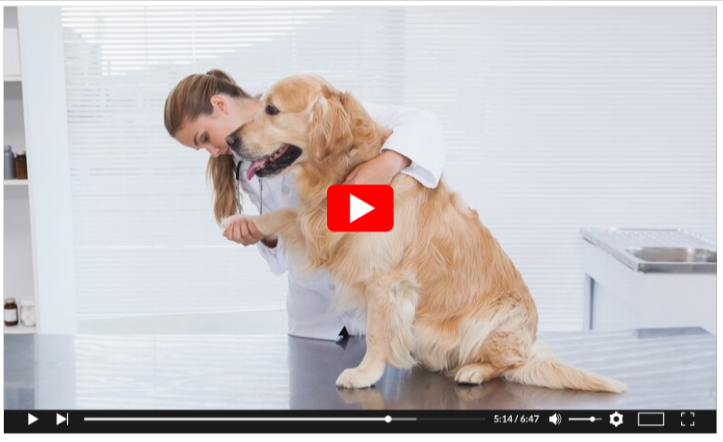Pet Poison Control: Emergency Help & Prevention Tips for Pets!
Pets are beloved members of our families, bringing joy, companionship, and unconditional love. Yet, their curious nature and exploration can sometimes lead to dangerous situations especially when they come into contact with toxic substances.
When your pet is exposed to something harmful, quick, informed action is crucial. This is where Pet Poison Control plays a vital role.
Pet Poison Control offers expert emergency advice and support for pets exposed to toxins. Quick action and knowing symptoms can save your pet’s life.
In this comprehensive guide, we’ll cover everything you need to know about pet poisoning, including common toxins, signs of poisoning, immediate response steps, prevention strategies, and how professional pet poison control services can help save your pet’s life.
What is Pet Poison Control?
Pet Poison Control refers to specialized resources such as hotlines and veterinary services—that provide expert advice and emergency support when pets ingest or come into contact with poisonous substances.
These services are staffed by trained veterinarians and toxicologists who offer guidance on assessing poisoning risks, administering first aid, and determining when veterinary care is necessary.
Many regions offer dedicated 24/7 pet poison control hotlines to assist pet owners in urgent situations, helping prevent complications and improve recovery outcomes.
Why Pet Poison Control Matters
Unlike humans, pets cannot tell us when something is wrong. Many poisons can cause rapid and severe damage to vital organs, and symptoms may appear suddenly.
Immediate access to knowledgeable advice from poison control centers ensures that pet owners can take the right steps quickly, potentially saving their pet’s life.
By understanding the risks and having contact information ready, you can reduce panic, avoid dangerous home remedies, and get your pet the treatment they need without delay.
Common Causes of Pet Poisoning
Pets can be poisoned by a wide range of everyday substances. Here are some of the most common:
Foods Toxic to Pets
- Chocolate: Contains theobromine, which affects the heart and nervous system.
- Grapes and Raisins: Can cause kidney failure.
- Onions and Garlic: Damage red blood cells, causing anemia.
- Xylitol: An artificial sweetener found in sugar-free gums and candies, causing hypoglycemia and liver damage.
- Alcohol and Caffeine: Toxic even in small amounts.
Household Chemicals and Cleaning Agents
- Bleach, detergents, disinfectants.
- Antifreeze (ethylene glycol), extremely toxic even in small quantities.
- Rodenticides and insecticides.
Medications
- Over-the-counter painkillers like acetaminophen and ibuprofen.
- Prescription drugs not intended for animals.
- Vitamins and supplements formulated for humans.
Toxic Plants
- Lilies (very toxic to cats).
- Sago palm, azaleas, rhododendrons.
- Tulips, daffodils, and other common garden plants.
Other Substances
- Automotive fluids such as motor oil and gasoline.
- Batteries and certain essential oils like tea tree oil.
Symptoms of Pet Poisoning to Watch For
Symptoms vary depending on the toxin, but common signs include:
- Vomiting and diarrhea
- Excessive drooling or foaming at the mouth
- Weakness, trembling, or seizures
- Difficulty breathing or rapid breathing
- Pale, blue, or yellow gums
- Abdominal pain or bloating
- Sudden behavioral changes, lethargy, or agitation
- Increased thirst or urination
- Uncoordinated movements or collapse
If your pet shows any of these symptoms, immediate action is required.
Immediate Steps to Take if You Suspect Poisoning
- Stay calm and act quickly. Panic can delay critical care.
- Remove your pet from the poison source to prevent further exposure.
- Avoid inducing vomiting unless explicitly instructed by a veterinarian or poison control expert; some poisons can cause more damage if vomited.
- Gather information: what your pet ingested, how much, when, and your pet’s weight and medical history.
- Call a Pet Poison Control hotline or your veterinarian immediately. In the U.S., the ASPCA Animal Poison Control Center can be reached at (888) 426-4435 (note that a consultation fee may apply).
- Follow the expert’s instructions carefully. They may advise home care or prompt veterinary treatment.
- Transport your pet safely to the veterinary clinic if necessary, bringing any packaging or samples of the toxic substance.
Veterinary Treatment for Poisoned Pets
Veterinary intervention depends on the type and amount of poison as well as the pet’s condition. Treatments may include:
- Inducing vomiting or gastric lavage to remove toxins from the stomach.
- Administering activated charcoal to bind toxins and reduce absorption.
- Providing intravenous fluids to flush toxins and support organ function.
- Giving medications to control seizures, nausea, or pain.
- Oxygen therapy if breathing is compromised.
- Hospitalization for monitoring and supportive care.
Early treatment greatly improves survival and recovery.
Prevention Tips for Pet Owners
Preventing poisoning is the best way to protect your pet. Follow these tips:
- Store all medications, chemicals, and cleaning products securely out of reach.
- Avoid feeding your pet toxic human foods or scraps.
- Identify and remove toxic plants from your home and garden.
- Use child-proof locks on cabinets containing harmful substances.
- Dispose of trash securely and promptly.
- Educate family members and guests about pet-safe environments.
- Keep emergency contact numbers for your veterinarian and poison control services readily accessible.
When to Contact Pet Poison Control
Call immediately if your pet:
- Has ingested any medication not prescribed for them.
- Has come into contact with pesticides, rodenticides, or household chemicals.
- Has eaten an unknown or suspicious plant or substance.
- Exhibits sudden symptoms like vomiting, seizures, difficulty breathing, or collapse.
- Shows unusual behavior or rapid health decline without clear cause.
Conclusion
Pet Poison Control services are vital for every pet owner. Knowing common poisons, recognizing symptoms, and acting quickly can save your pet’s life.
Keep emergency numbers handy, pet-proof your home, and stay vigilant to protect your furry family members from toxic dangers.
References
https://www.webmd.com/pets/cats/top-10-cat-poisons
https://en.wikipedia.org/wiki/Substances_poisonous_to_dogs
https://www.petmd.com/author/pet-poison-helpline-veterinarian-team



